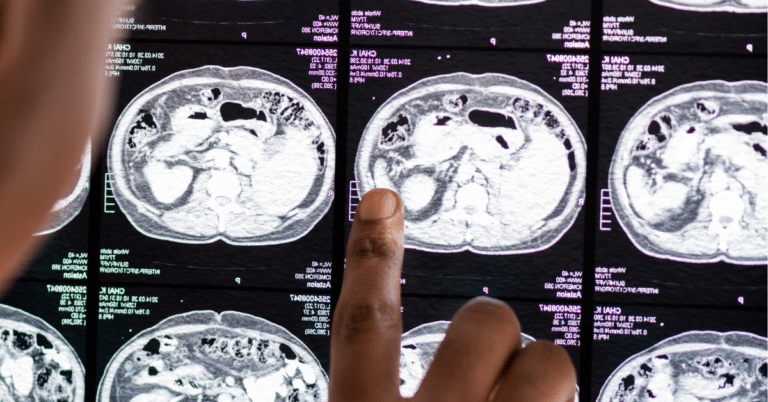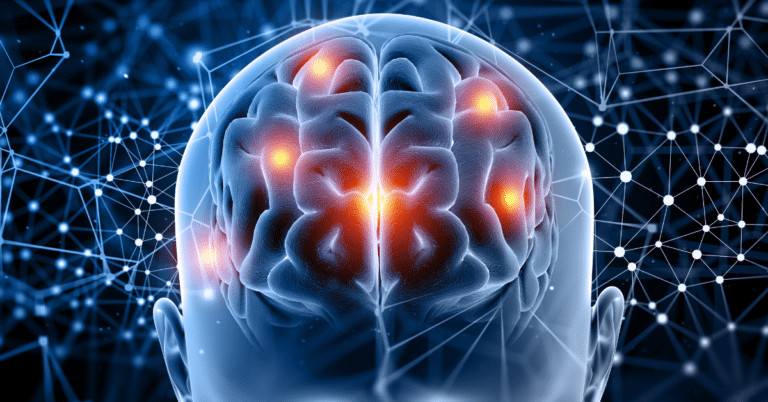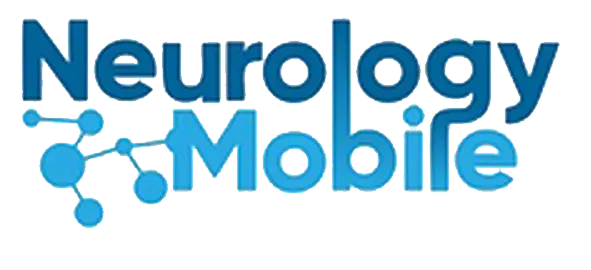4 min read
Huntington's Disease: A Comprehensive Guide to Causes, Symptoms, and Treatments

Huntington’s disease (HD) is a complex genetic disorder that gradually erodes an individual’s physical control, mental capacity, and emotional stability. Despite its challenges, advancements in medical science and supportive care have opened new avenues for managing the disease. This guide delves deep into the causes, symptoms, and treatments of HD, reflecting decades of expertise in neurological care.
The Genetic Roots of Huntington’s Disease
- Decoding the Genetic Mutation: The HTT gene mutation responsible for HD leads to the production of an abnormal huntingtin protein, which is toxic to brain cells. This section explores the molecular mechanisms behind the mutation and its hereditary nature.
- Understanding Risk and Inheritance: With autosomal dominant inheritance, each child of an affected parent has a 50% chance of inheriting the disease. This part discusses genetic testing and counseling options for at-risk individuals and families.
The Multifaceted Symptoms of Huntington’s Disease
- Navigating the Early Signs: Subtle changes in personality, cognition, and motor skills can signal the onset of HD. This segment offers insights into recognizing these early symptoms and the importance of early intervention.
- The Evolution of HD Symptoms: As HD progresses, symptoms become more pronounced, including significant motor dysfunction, cognitive decline, and emotional disturbances. Real-life examples and patient stories illustrate the impact of these symptoms on daily life and relationships.
- Coping with the Emotional Toll: Beyond the physical and cognitive challenges, HD profoundly affects emotional well-being. This section addresses the psychological symptoms of HD, such as depression and anxiety, and emphasizes the importance of mental health support.
Diagnosing Huntington’s Disease: A Critical Step
- The Path to Diagnosis: Detailing the comprehensive diagnostic process for HD, including genetic testing, neuroimaging studies like MRI and CT scans, and neurological evaluations. This part underscores the role of accurate diagnosis in planning effective management strategies.
- Early Diagnosis: A Double-Edged Sword: While early diagnosis can facilitate better management of HD, it also poses ethical and emotional challenges, given the current lack of a cure. Discussions on the implications of knowing one’s genetic status and how it affects life choices and planning are included here.
Innovative Treatments and Supportive Therapies
- Current Treatment Landscape: An overview of the pharmacological treatments available for managing motor symptoms and psychiatric conditions associated with HD, as well as emerging drug therapies on the horizon.
- The Power of Rehabilitation: Expanding on the role of physical, occupational, and speech therapy in enhancing mobility, maintaining independence, and improving quality of life. Personal anecdotes highlight the benefits of tailored rehabilitative programs.
- The Frontier of HD Research: Exciting developments in HD research, including gene editing technologies and stem cell therapy, offer hope for future treatments. This section explores ongoing clinical trials and the potential they hold for altering the course of HD.
Living with Huntington’s Disease: Strategies and Support
- Everyday Life with HD: Practical advice for navigating the daily challenges posed by HD, from maintaining a healthy lifestyle to adapting the living environment for safety and comfort.
- Building a Support Network: The importance of community resources, support groups, and counseling services for individuals and families affected by HD. Stories of resilience and community support underscore the value of a strong support network.
Conclusion: Embracing Hope and Resilience
Huntington’s disease presents significant challenges, but the journey is not one to be walked alone. Through a combination of advanced medical treatments, supportive care, and a strong community, individuals facing HD can lead meaningful lives. As research continues to advance, there is ever-growing hope for more effective treatments and, ultimately, a cure.

